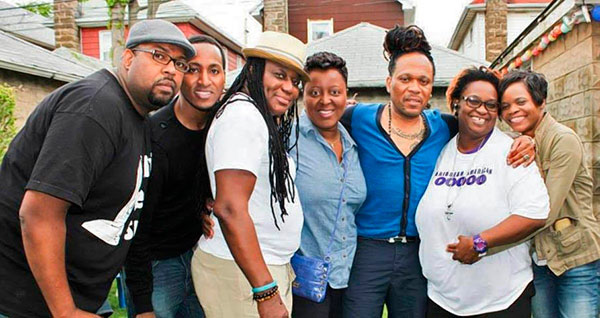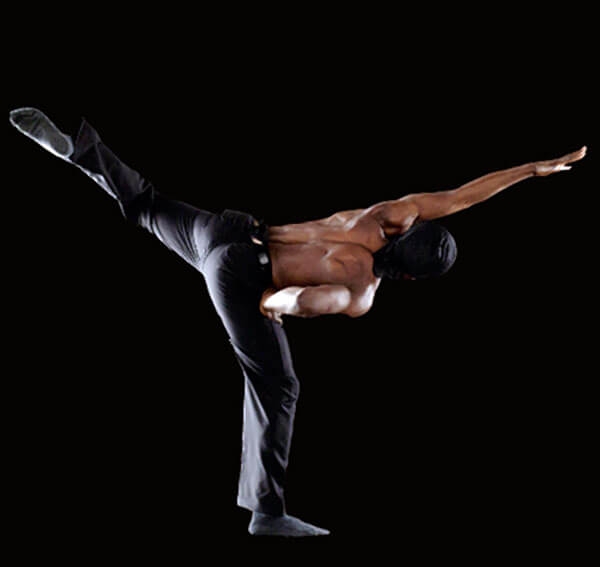I am a first generation Haitian American. I am born to two very proud Haitians who migrated to New York City in their teens in hopes of furthering their education and opportunity. Fluent speakers of Haitian Creole and French, my parents are bi-lingual while my siblings and I struggle to respond in our parent’s native tongue. Unfortunately, like many other Haitian Americans, I can understand the language far better than I can speak it.
The choice to teach or not to teach boils down to immigrant survival of the fittest. English is the native language of this country and while there are advantages in any person knowing another language the focus was more on assimilation than linguistic preservation.
Without knowledge of my ethnic background, you would assume I am a light-skinned African American female. The first layer of our identity is cosmetic, we are lumped into groups based largely on complexion. As a first generation Caribbean American, there isn’t much fault to this as we identify with an African American experience. However, for Caribbean nationals this is a huge issue as nationalistic pride acts as an armor that separates a Haitian person from an African American person for instance.
It is these complexities of the Caribbean American experience that remains at the forefront of discussion particularly in various Caribbean Heritage Month events. From panel discussions to documentaries, Caribbean American identities are dissected to expose a push-and-pull battle between race and ethnicity.
Living in Flatbush, a known Caribbean neighborhood in Brooklyn, there is a feeling of being surrounded by your culture despite being frequent flyer miles away. Whether it is through food or music, Flatbush often feels like a Caribbean epicenter for any culture.
Aside from a range of cultural representations, you also find an integration of the African American experience. While one car might be blasting Soca, Calypso or Reggae, another will very well blast popular Hip Hop or R&B. The two cultures often overlap despite being treated separately in many respects.
While I label myself a “Haitian American,” always leading with my ethnicity, I have been born and raised in America. If nothing else, I proclaim myself a proud Brooklynite first. I have not yet visited my parent’s home country but still pride myself as a Haitian as I have been raised with those values, not to mention my parents consider me as such.
There are constant reminders to “be better.” Caribbean Americans often joke at how a B+ could mean a stern lecture while their American friends are bought a new pair of Jordan sneakers. Often times I’ve heard friends of both Caribbean American and African Americans compare households where those of Caribbean descent would shake their heads in amazement.
Entering college, I remember listening to my roommate curse at her mother. Myself and another friend who is of Trinidadian descent looked on in horror – we could not fathom the idea of even saying “hell” or “damn” around our parents without some serious consequences. It was these small nuances that create this idea that being raised in a Caribbean household is far different than that of an African American household.
Despite those cultural upbringings, it is the language barrier that acts as a true reminder to my “lesser” status, often teased by other Haitian’s for my American accent whenever I attempt to speak Creole.
Whether it is being called a “Yankee” for being born here, first and second generation Caribbean Americans will always identify with an African American experience. We do not walk around with banners proclaiming our Caribbean ethnicities and therefore are lumped into a general race category. We encounter the best of both worlds, featuring Hip Hop and Kompa on our playlists, loving Southern comfort food and Sunday home cooked meals – we leverage both worlds when applicable.
For Caribbean nationals, America isn’t home. Priding themselves of higher education and moral standards, many Caribbean natives and Caribbean Americans do not consider themselves Black, African American or even American.
There is a particular dichotomy experienced by first and second generation Caribbean Americans. We are raised in a race-filled country where skin color dominates treatment. Yet, in your household you are held to standards of excellence that are supposedly not shared by African American households.
To be a Caribbean American is to be an expert navigator. There are choices to when you are boastful about your Caribbean roots and others where you identify with a more African American experience.
Conversations surrounding identity will never solve the greater questions of “where do I belong” or “who am I.” Ultimately, I balance identifying as both Caribbean and African American and accept that within the two worlds I do not belong 100 percent in either.


























